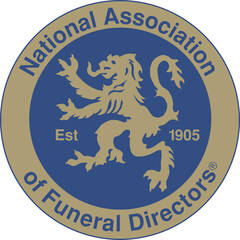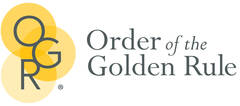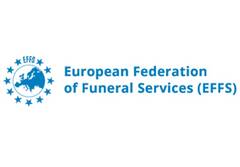Registering a death in 2024
The first and most significant step following the death of a loved one is to contact your GP, who will issue a Medical Certificate of Cause of Death. Every death in England must be registered before a funeral can take place, and should be registered within five working days.
If the death was sudden or unexpected, the Coroner may need to establish the cause of death and will arrange for a firm of funeral directors to collect your loved one in order that a post-mortem may be carried out. Once this is complete, the funeral preparations can begin with the funeral director of your choice.
Obtaining a death certificate
When a person dies, one of the first steps is for their representative (usually a family member) to obtain a death certificate. Depending on the reason for the death, there will either be an investigation by a coroner, or an independent review by a medical examiner.
Reforms to the death certification process, which came into effect on 9th September 2024, require that there is independent scrutiny of the cause of death.
Under the new system, the medical practitioner will propose a cause of death. After this, law states that a medical examiner must review the cause of death proposed by your GP and provide an opportunity for the bereaved to ask questions or raise any concerns. A revised Medical Certificate of Cause of Death (MCCD) now includes details of the medical examiner and additional information regarding the person who has died.
Once the declarations of certification and scrutiny have been completed, the MCCD will be sent to the registrar.
Where to register a death
The medical examiner responsible or the Coroner’s office will inform you as to when and where you can register the death.
Almost all registry offices operate appointment systems, so please do telephone or use their online appointment booking process to arrange an appointment. You will find the numbers and relevant information on your local county council website (or unitary authority in many cities). It’s important to remember that where a death is registered is determined by where someone died and not where they lived.
It is possible to register from a different geographical area if you are unable to travel, but it will require documents to be posted between registrars which can add a time delay possibly impacting the funeral date. More information can be found on the Gov UK website.
When you go to register the death, you will be asked for:
- The Medical Certificate (MCCD)
- The deceased person's medical card
- Any benefit books
- The deceased person's marriage certificate, if there is a surviving spouse or civil partner
You will also be asked for the following information about the person who has died:
- First name, surname and any maiden name
- Date and place of death
- Last permanent address
- Date and place of birth (a copy of their birth certificate is helpful)
- Occupation and name/occupation/date of birth of any surviving spouse or civil partner
- Details of benefit being claimed, including State and private pension income
Certified copies of a Death Certificate
After the death has been registered, you will receive ‘certified copies’ of the entry in the register and these are what is meant when banks and other organisations ask for an ‘original’ death certificate. Each certified copy has a unique number and is signed by the registrar in person. You will have to pay for certified copies of the death certificate. The cost varies from one country to another. The cost per copy is £12.50 in England and Wales, £15.00 in Northern Ireland and £12.00 in Scotland. You can obtain more copies at a later date. The more complex the estate, the more certified copies you may need, especially if you do not use a professional to administer the estate. Between 6 and 12 copies is advisable.
Authority for burial or cremation:
Once you have registered the death, the registrar will produce a Certificate for Burial or Cremation. This form is green in colour and is free of charge. It is automatically released to the funeral director of your choice, who will pass it to the cemetery or crematorium, to prove that the funeral can legally proceed. In some circumstances when the coroner is involved, you will not get this form as the coroner will issue an alternative directly to your funeral director. Many people just refer to this as the ‘green form’ but you may also hear it referred to as the ‘disposal certificate’.
Tell Us Once:
Tell Us Once is a free government service that allow you to report a death to most government departments in one go, such as council departments, HM Revenue & Customs, the Passport Office and the DVLA. You will be issued with a unique 12-digit code which will allow you to access the service online.
You may also be given a BD8 form for the Department of Work and Pensions (DWP). This form is free and is used if the deceased was in receipt of a state pension or any other benefits. If there is to be an inquest, you can either make an appointment with the registrar to obtain this form OR you can use the coroner’s certificate to inform the DWP.
Once the death has been registered, you can begin to arrange the funeral service with your chosen funeral director.





